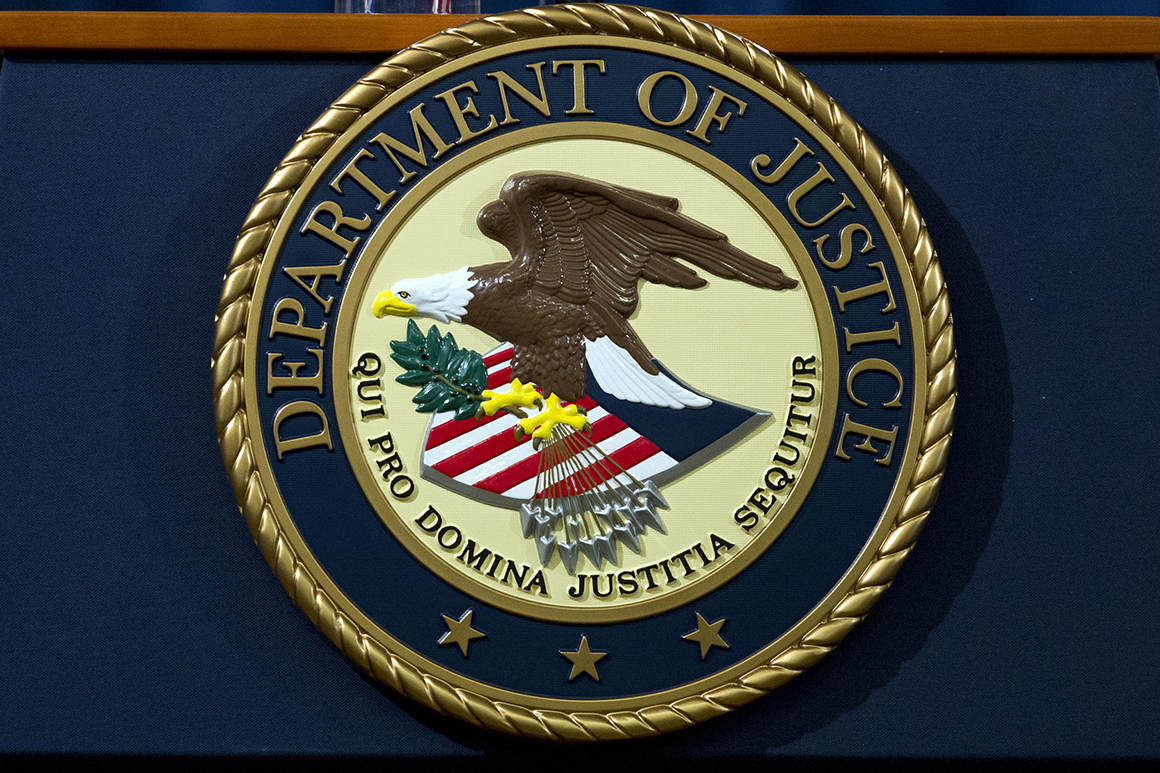
The vote came mere hours after the announcement that Sen. Richard Burr (R-N.C.), who in March argued passionately against letting the authorities lapse, will temporarily step down as chairman of the Senate Intelligence Committee amid an ongoing probe into his stock trades.
House Speaker Nancy Pelosi didn’t signal during her weekly press conference on Thursday when the chamber would take up the amended measure.
A Democratic leadership aide told POLITICO that it won’t be considered on Friday when the House convenes to vote on the latest Covid-19 relief package. The aide said the leadership was „assessing next steps.“
The FISA renewal bill includes new privacy protections that Attorney General William Barr had helped negotiate and would impose new requirements on the FISA court system. Those were inspired in part by President Donald Trump’s allegations that federal agencies improperly used the spying tools to wiretap his former campaign adviser Carter Page during the initial probe of Russian interference in the 2016 election.
It would also permanently end an already deactivated NSA program that had allowed the agency to obtain, with judicial approval, Americans’ phone records in terrorism probes.
Thursday’s successful passage came months after the House voted to reauthorize the authorities with modest changes. The Senate, however, couldn’t reach an agreement for quick passage of the House bill amid objections from the chamber’s privacy advocates. The chamber eventually adopted a 77-day extension as a short-term solution, but the House never took it up.
The intelligence tools the authorities enabled have remained offline ever since.
The measure now kicks back to the House. While the bill’s supporters haven’t outright opposed the change made by the Senate, progressives and libertarians in the House could use it as leverage to reopen debate on the legislation and try to amend it even further — especially among those GOP members who have demanded that the chamber to reopen for business as usual despite the Covid-19 pandemic.
Sen. Mike Lee (R-Utah), who, along with Sen. Patrick Leahy (D-Vt.), secured the amendment expanding legal protections, called the legislation a “good bill.”
“We got some good reforms here. They are consistent with many of the aims that House members who negotiated the last House bill had in mind,” Lee told POLITICO before the final vote. He had previously lobbied Trump to veto the measure if it reached his desk unaltered.
“I’m certainly not going to tell them what to do with it,” Lee added, though he suggested he might support something similar to a proposed amendment from Sens. Ron Wyden (D-Ore.) and Steve Daines (R-Mont.) that would have protected Americans’ internet browsing and search histories from federal surveillance. It came up just one vote shy of the 60-vote threshold.
In a statement, Rep. Zoe Lofgren (D-Calif.), who successfully scuttled the House’s first surveillance package just hours before it was due to be marked up by the House Judiciary Committee, said the Leahy-Lee amendment „took us a step closer to properly protecting Americans’ civil liberties, and it’s clear we need to go farther.“
She specifically cited the Wyden-Daines amendment, saying, „it’s now the House’s responsibility to curb this violation of Americans’ rights. I know it’s still within our grasp as lawmakers to push for the significant privacy reforms we need.“
Other House members also seem itching for a fresh surveillance fight.
“Although I am pleased that the Lee-Leahy Amendment passed, I oppose the bill without further amendment. If permitted by House rules, I will offer amendments,” Rep. Warren Davidson (R-Ohio), who, along with Lofgren, co-sponsored an alternative renewal bill to the one passed by the House, said in a statement to POLITICO.
Source: politico.com
See more here: news365.stream






